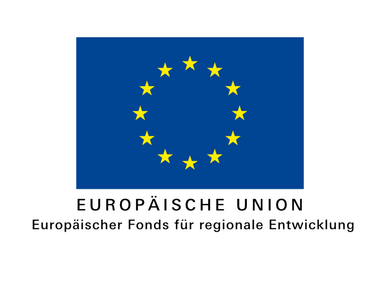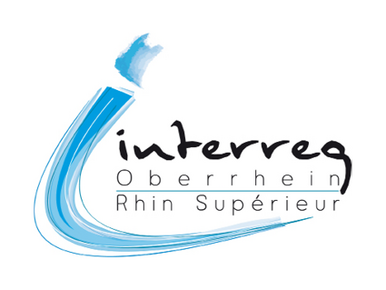Use of a sensor network for continuous monitoring of pesticides in drinking water
The aim of the project is to develop and test a continuous and automated system for monitoring the concentration of pollutants in drinking water. To this end, a sensor technology is being developed that is significantly superior to conventional methods for detecting pollutants in water. The proposed technology combines pulsed amperometric detection, time-resolved fluorescence and nuclear magnetic resonance measurements. The system will be designed to be cost-effective and easy to maintain.
As examples, the project will address three major contaminants: Glyphosate, atrazine and polycyclic aromatic hydrocarbons. They are among the most significant pollutants measured in the Upper Rhine region and are known to adversely affect the health of the affected population. The proposed solution will be designed to allow for future extension to other pollutants.
The development of the prototype is divided into three phases: the proof of concept of the sensor technology, the integration of the different parts of the sensor into a prototype and the integration of this prototype into the water control platform of the industrial partner Bürkert.
Project Partners
- University of Strasbourg (project sponsor)
- University of Freiburg
- TU Kaiserslautern
- University of Applied Sciences Northwestern Switzerland
- Furtwangen University
- Ministry of Science, Research and the Arts Baden-Württemberg
- Ministry of Science, Further Education and Culture Rhineland-Palatinate
- Région Grand Est
- Swiss Confederation (NRP/ETZ)
- Canton Basel-City
- Canton Basel-Landschaft
- Canton of Solothurn
- République and Canton of Jura
- Bürkert
- Metrolab Technology SA

